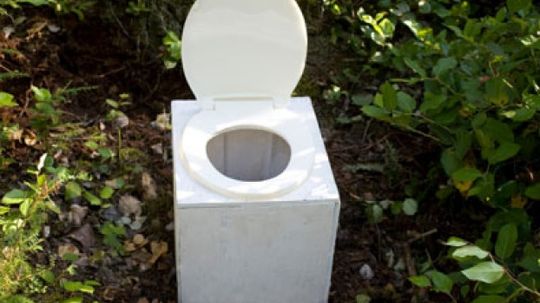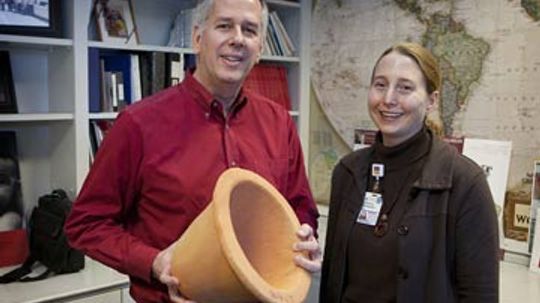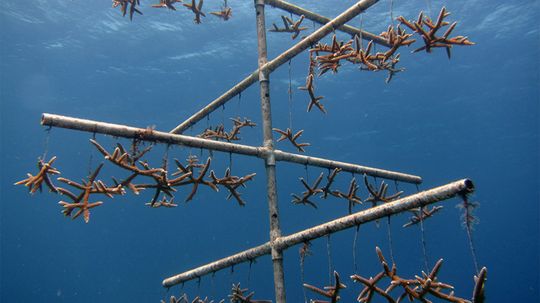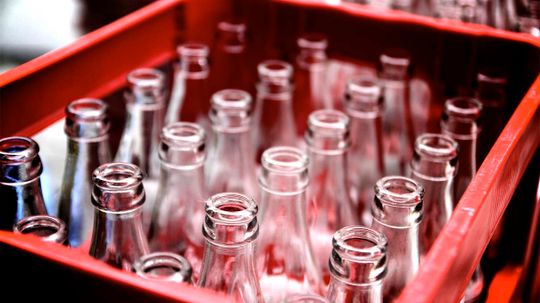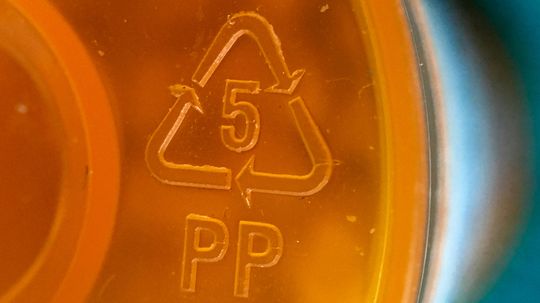Green Technology
Green technology is technology that produces clean energy, helps repair environmental damages or offers solutions to wasteful practices.
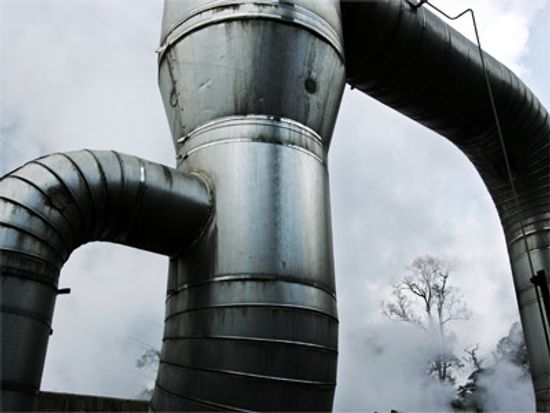
How Artificial Geothermal Energy Works
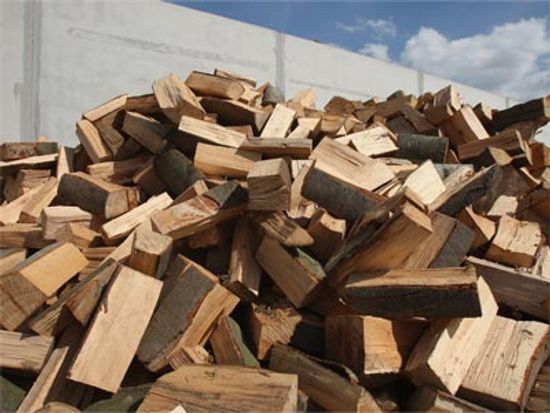
How Cellulosic Ethanol Works

How Does Photosynthesis Work?

Donate Your Hair to Help Keep Our Water Clean

How LifeStraw Works
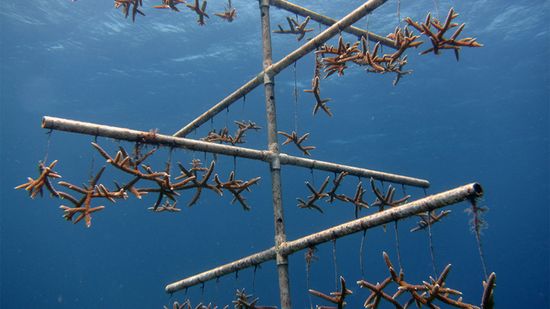
Scientists Develop Quick-Growing Coral Method to Save Dying Reefs

6 Most Futuristic Cities Powered by Renewable Energy
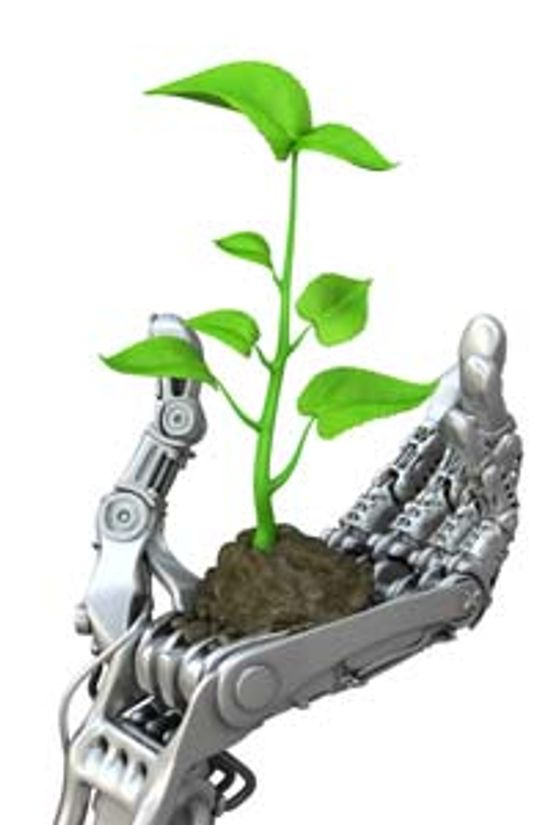
Top 5 Green Robots
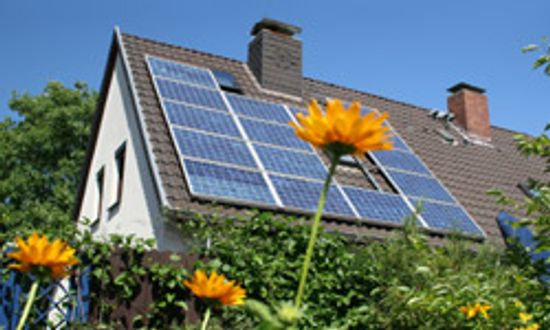
5 Things to Consider When Building a Solar-powered Home
Learn More / Page 2
The world flushes up to 20 percent of its drinking water down various drains. That's a lot of water going to waste. Waterless toilets could squelch the squandering.
Solar energy is abundant and infinitely renewable. Therefore, it's not surprising to see the proliferation of devices that rely on the sun -- especially solar aircraft.
The Northeast Blackout of 2003 left millions without power and cost approximately $6 billion. Experts believe we can avoid future blackouts by storing energy along the U.S. electric grid.
Advertisement
Did you ever make a potato clock as a kid? If so, you already understand the basic principles that make a soil lamp work.
By Julia Layton
There are two main ways of generating energy from the sun. But one -- solar thermal technology -- is really poised to take off as a clean, reliable form of alternative energy.
A 10-minute shower can seem like nothing on a cold, sleepy morning, but it might cost you 50 gallons of water (or more). Is there a way to limit the volume of water you use?
By Julia Layton
We live in a universe of clocks. The technology may not sound as dependable as your cell phone alarm clock, but humans have turned to water-powered clocks for more than three and a half millennia.
By Robert Lamb
Advertisement
Hair trimmings from salons and personal donations can be repurposed as mats that soak up oil spills and help protect the environment.
As far back as 1500 B.C.E., people were trying to purify water to make it drinkable. And we're still at it. Today inventors use tools as simple as clay and as sophisticated as carbon nanotubes to bring clean water to the world.
Wine pomace - the portion of grapes left over from winemaking - has a variety of uses, from fertilizer to a nutrition-enhancing ingredient in foods.
The controversial technology of reflecting sunlight away from the planet could help blunt the worst impacts of climate change. Harvard University climate scientist David Keith weighs in.
By Betsy Mason
Advertisement
Coral grows faster when it's cut or broken and scientists are taking advantage of that to replenish depleted reefs.
Sweden puts less than 1 percent of its household trash into landfills, in part because it burns nearly half to generate heat and electricity.
From the chemicals that pollute and the massive use of water, the traditional method of dyeing blue jeans is an environmental disaster. Nanoparticles made from wood pulp might be the answer to the problem.
There are seven different numbers you might see on a plastic container. And each number has its own meaning.
Advertisement
If you turn off the lights in your computer room, you'll probably see the glowing eyes of vampire electronics peering back at you. A smart power strip can help you cut down on how much energy they waste.
